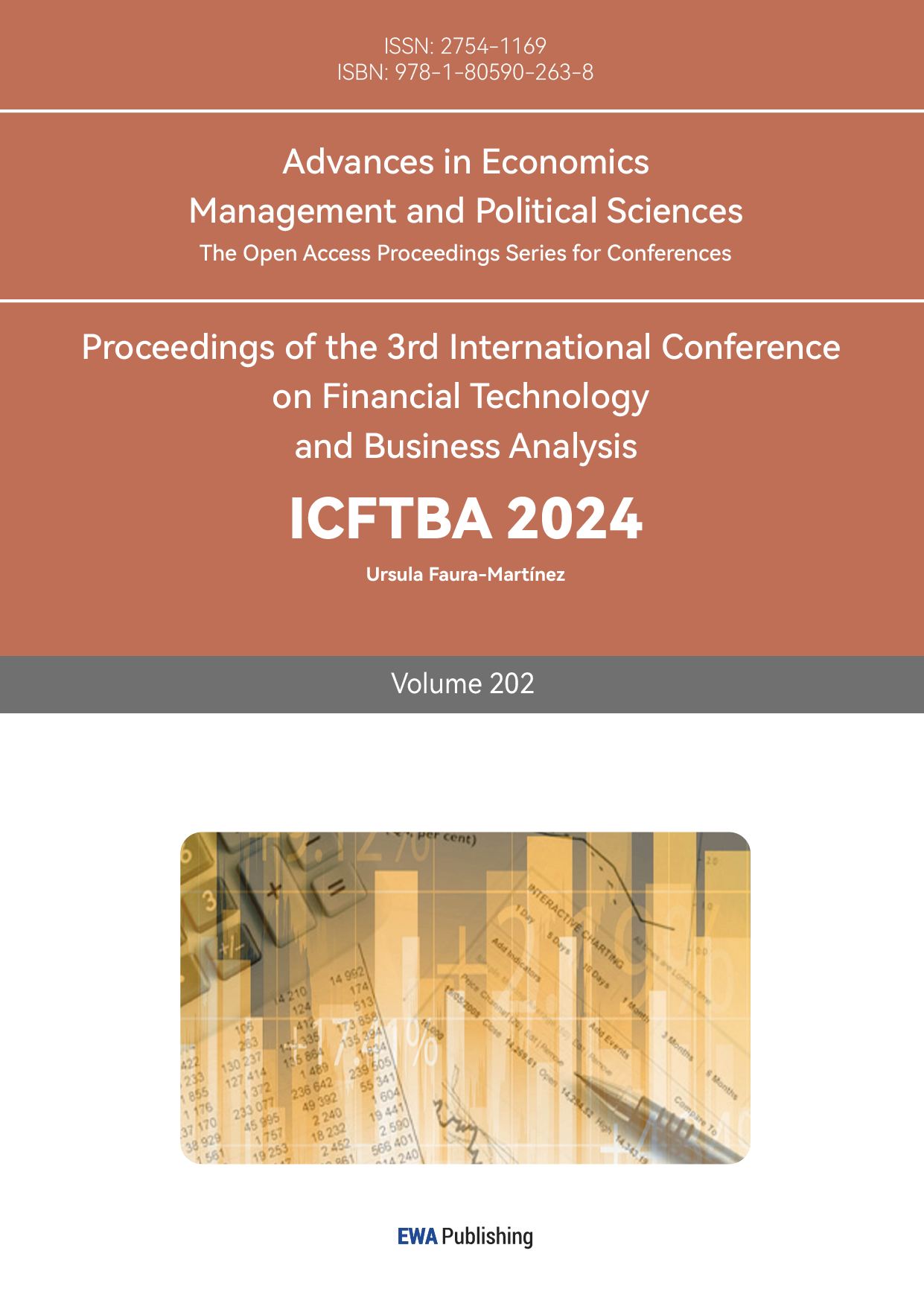References
[1]. Ltd, I. D. (2018). Survey Reveals Employee Productivity Averages 2 Hours and 53 Minutes a Day. Vouchercloud. https: //www.vouchercloud.com/better-living/office-worker-productivity
[2]. Schulte, B. (2015). Work interruptions can cost you 6 hours a day. An efficiency expert explains how to avoid them. The Washington Post. https: //www.washingtonpost.com/news/inspired-life/wp/2015/06/01/interruptions-at-work-can-cost-you-up-to-6-hours-a-day-heres-how-to-avoid-them/
[3]. Gächter, S., & Falk, A. (2002, March). Reputation and Reciprocity: Consequences for the Labour Relation. The Scandinavian Journal of Economics, pp. 104(1), 1-26.
[4]. Pereira, P. T., Silva, N., & Silva, J. (2006, March). Positive and negative reciprocity in the labor market. Journal of Economic Behavior & Organization, pp. 59(3): 406-422.
[5]. Fehr, E., & Falk, A. (2008). Reciprocity in Experimental Markets. In Handbook of Experimental Economics Results (pp. 325-334).
[6]. Deci, E. L., Ryan, R. M., & Williams, G. C. (1996). "Motivational Antecedents of Adherence to Long-term Medical Regimens: Applications of Self-determination Theory." Journal of Personality and Social Psychology, 71(6), 1104-1113.
[7]. Eisenberger, R., & Cameron, J. (1996). "Detrimental Effects of Reward: Reality or Myth?" American Psychologist, 51(11), 1153-1166.
[8]. Rhoades, L., & Eisenberger, R. (2002). "Perceived Organizational Support: A Review of the Literature." Journal of Applied Psychology, 87(4), 698-714.
[9]. Amabile, T. M. (1993). "Motivational Synergy: Toward New Conceptualizations of Intrinsic and Extrinsic Motivation in the Workplace." Human Resource Management Review, 3(3), 185-201.
[10]. Grant, A. M. (2007). "Relational Job Design and the Motivation to Make a Prosocial Difference." Academy of Management Review, 32(2), 393-417.
[11]. Frey, B. S., & Jegen, R. (2001). "Motivation Crowding Theory: A Survey of Empirical Evidence." Journal of Economic Surveys, 15(5), 589-611.
[12]. Deci, E. L., & Ryan, R. M. (1985). Intrinsic Motivation and Self-Determination in Human Behavior. New York: Springer US.
[13]. Gagné, M., & Deci, E. L. (2005). "Self-determination Theory and Work Motivation." Journal of Organizational Behavior, 26(4), 331-362.
[14]. Deci, E. L., Koestner, R., & Ryan, R. M. (1999). "A meta-analytic review of experiments examining the effects of extrinsic rewards on intrinsic motivation." Psychological Bulletin, 125(6), 627-668.
[15]. Ryan, R. M., & Deci, E. L. (2000). "Intrinsic and extrinsic motivations: Classic definitions and new directions." Contemporary Educational Psychology, 25(1), 54-67.
[16]. Pink, D. H. (2009). Drive: The Surprising Truth About What Motivates Us. Riverhead Books.



